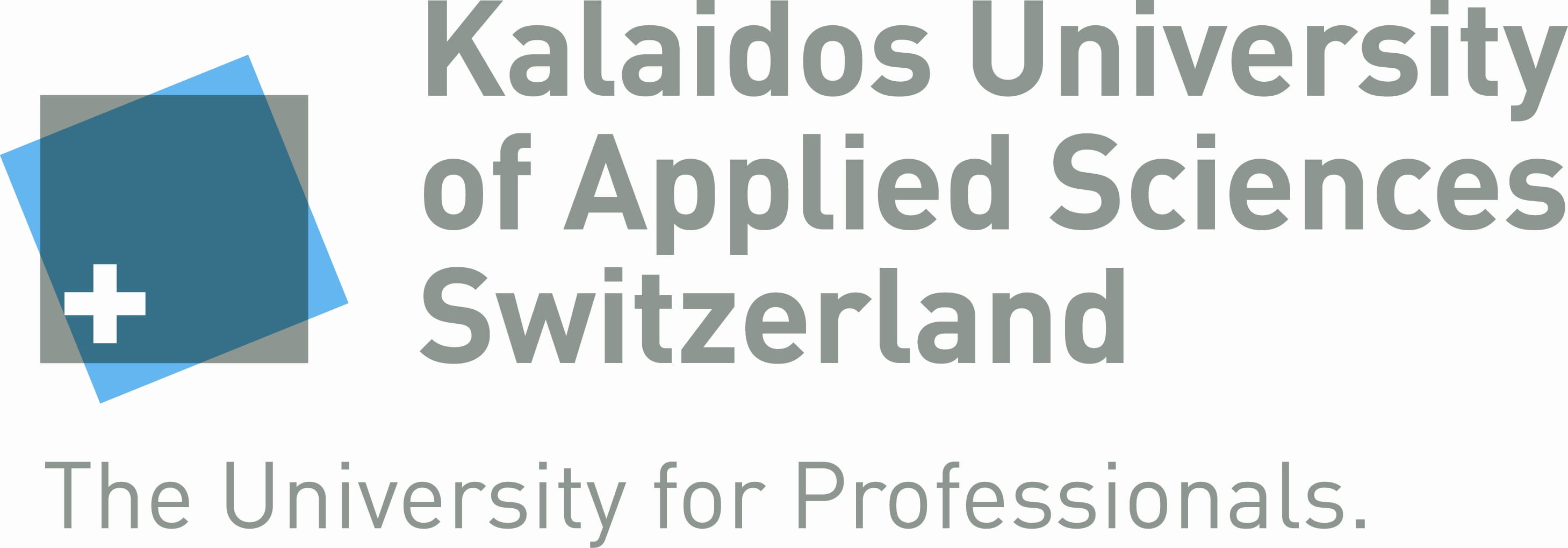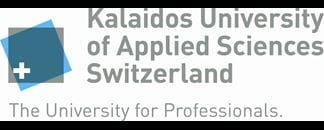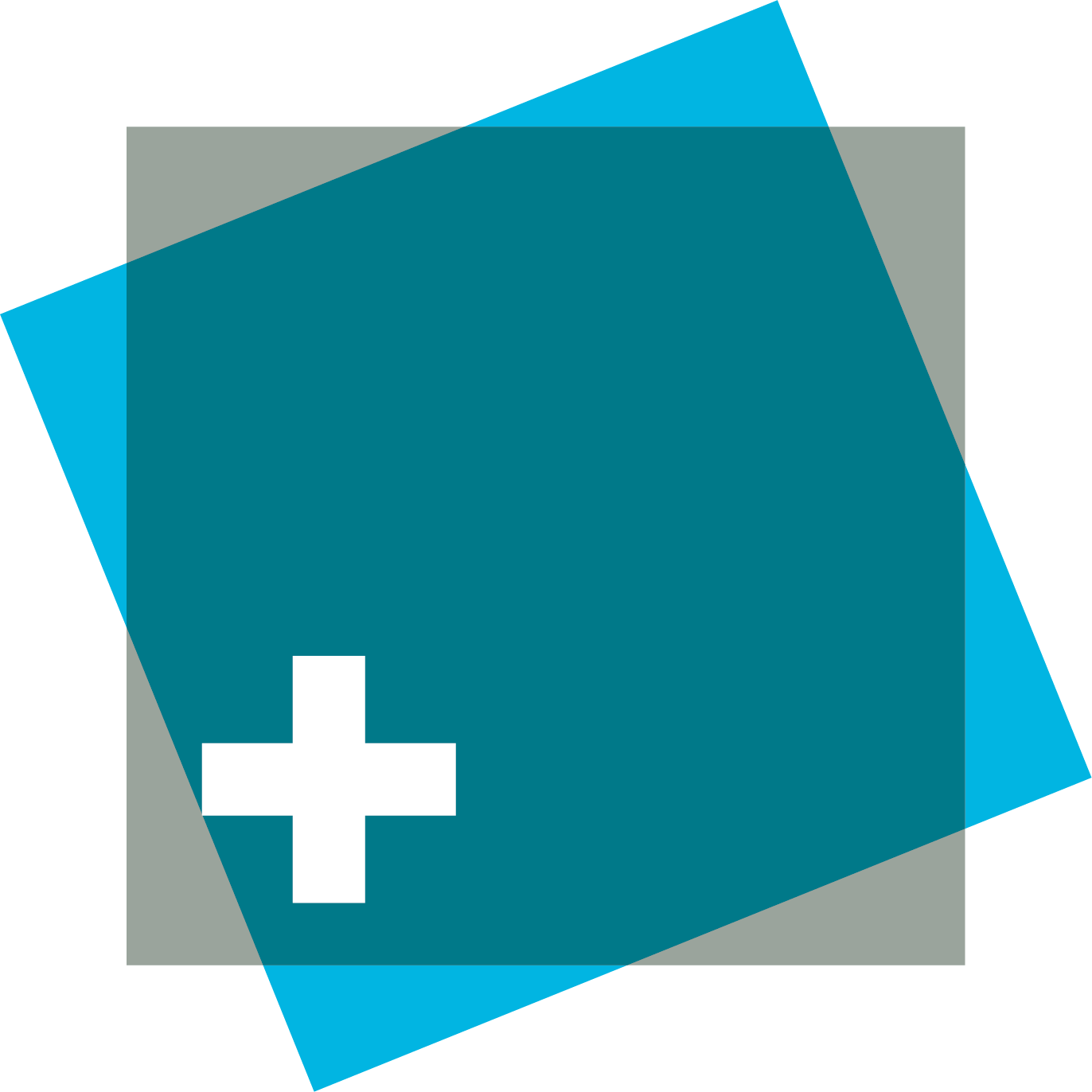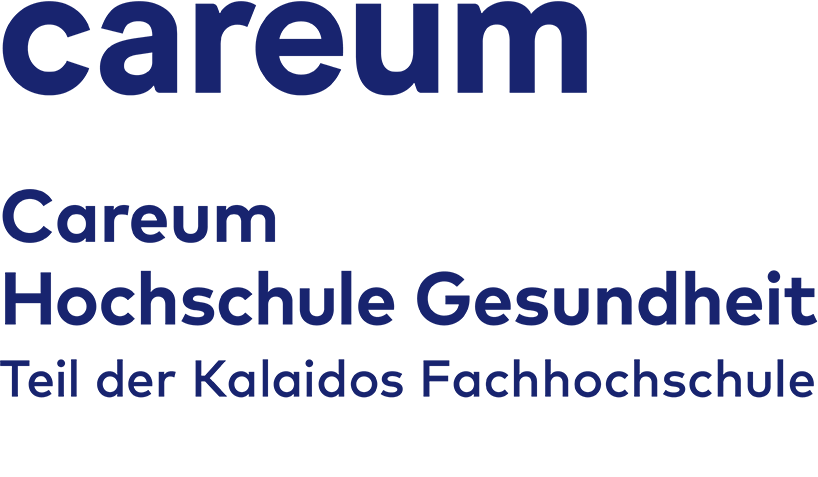Individual module Basics in Clinical Genetics
- Start
- anytime, individually
- Duration
- 1 Semester
- Presence
- online
- Place
- digital
- ECTS
- 3
- Fee
CHF 1'500
plus registration fee
➔ fee schedule
Advantages
Online Continuing Education for Hereditary Chronic Diseases
With this online course, we provide you with an international and interprofessional continuing education that you can complete flexibly in terms of time and location. Another advantage: You can watch the lecturers' video lectures as often as you like.
This will enable you to work as a competent professional in an interdisciplinary team in the long-term You will be optimally qualified to work as a competent professional in an interdisciplinary team in the care of people with genetic diseases and their relatives. This continuing education course is a cooperation between the Careum School of Health and Hirslanden AG.
Interprofessional support for inherited diseases
The constant methodological and technical developments in human genetics and diagnostics are leading to a growing need for professionals with a specialised competence profile in an interprofessional team. This is necessary to ensure optimal lifelong care for individuals and families affected by chronic hereditary diseases.
Basics in Clinical Genetics – acting professionally in an interprofessional team
The focus of this online module is on acquiring basic and essential knowledge of human genetics, including an insight into genetic laboratory testing. This provides the basis for improved guidance and interprofessional care for those affected by genetic and genomic diseases and their families.
Competent identification and management of hereditary diseases
Genetic testing is becoming increasingly important in the diagnosis of hereditary disease or predisposition to disease. The module "Basics in Clinical Genetics" enables graduates to participate in interprofessional teams in medical-genetic institutions and to take on tasks related to identifying, recording, and managing individuals with hereditary diseases.
The online module is aimed at professionals from health and social care, e.g. nurses, medical doctors, psychologists. It focuses on tasks commonly performed by interprofessional teams, including but not limited to human geneticists, genetic counsellors and other healthcare professionals, when caring for people with inherited conditions.
Learning outcomes/skills
In the course you will expand your competencies in the areas of:
- Apply basic knowledge of human genetics to clinical practice
- Obtain know-how in genetic/genomic diagnostic laboratory techniques
- Acquire knowledge of the functioning of a genetics laboratory
- Gain expertise in working in an inter-professional team and a deeper understanding of (one's own) role and responsibilities
Course content
Structure and function of genes and chromosomes
- Genetic variation – types of mutations and their source
- Mendelian and non-Mendelian inheritance
- Chromosomal abnormalities
- Interprofessional teams
Teaching and learning methods
An international, inter-professional e-learning course that includes video lectures by experts, self-assessment tasks, problem-based learning and reflection on the learning process.
Certificate of achievement
Certificate of attendance
Module responsibility
Bettina Schwind, PhD Public Health, MA
Video lectures
National and international experts (geneticists / genetic nursing / genetic counseling):
- Prof. Dr. Maria C. Katapodi, Department of Clinical Research, University of Basel
- Prof. Dr. med. Thomas Szucs, Co-Head Genomic Medicine Hirslanden Precise; University of Basel
- Alexander Ing, MS, CGC, Assistant Professor of Pediatrics (Genetics, Genomics and Metabolism), Northwestern University Feinberg School of Medicine
- Prof. Dr. med. Reto Stocker, Head of Teaching & Research, Clinic Hirslanden Zurich
- Katrin M. Leuer, PhD, Scientific Director, Cytogenetics Laboratory, Department of Pathology and Laboratory Medicine, Assistant Professor of Pathology, Northwestern University Feinberg School of Medicine
- Prof. Dr. Kelly E. Ormond, M.S., C.G.C., L.G.C., Health Ethics and Policy Lab, ETH and Adjunct Professor, Stanford University
- PD Dr. med. Nicole Bürki, Bethesda Spital
Admission requirements
- Completed studies at university or university of applied sciences
- Professional education and training qualification and sufficient professional experience in a vocational field of relevance to the continuing education, and appropriate scientific knowledge
- Extraordinary admission: individual examination by the admission committee
Other admission routes and detailed information about the admissions requirements can be found on the Department of Health information page.
Course code
GEN-C-101
Course order
An individual start is possible at any time.
Learning time/ECTS
75–90 hours, certificate of attendance
Language
English
Start of courses
| Start | anytime |
| Place | digital |
| Fees | CHF 2'800 plus registration fee, see fee schedule |
Thematically related courses
CAS FH in Family Health Care
Certificate of Advanced Studies (CAS)
MAS FH in Oncological Care
Master of Advanced Studies (MAS)
MAS FH in Care Management
Master of Advanced Studies (MAS)





